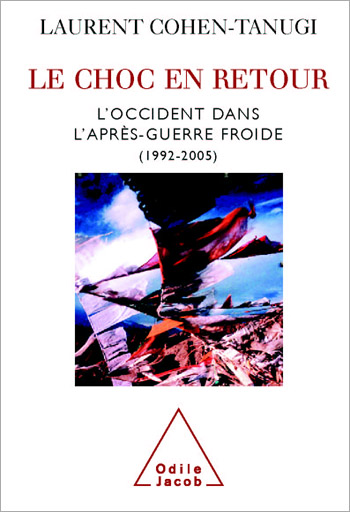History and Geopolitics All books
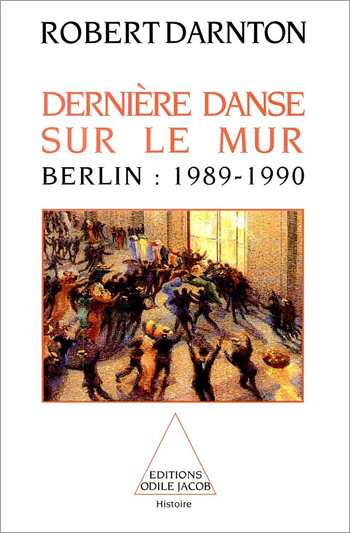
Robert Darnton
Berlin Journal, 1989-90
Robert Darnton was in Germany at the moment when the boundaries of post-war Europe came toppling down. Suddenly, the university professor discovered that History was in the making, and the masses were in motion. This is his personal account of the combined drama and celebration that accompanies every revolution. A professor at Princeton University in the United States, Robert Darnton is a specialist in the history of European culture. He is the author of L'Aventure de l'Encyclopédie, Le Grand Massacre des chats and Edition et Sédition.
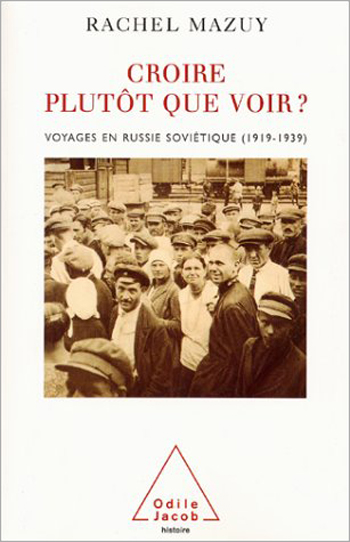
Rachel Mazuy
Believing Rather Than Seeing ? Travels in Soviet Russia (1919-1939)
The Russian Revolution provided the working-class movement with a concrete model of socialism. For French militants, as well as for many members of the cultural and political elite, the Soviet Union became the goal of a secular pilgrimage (or an anti-pilgrimage). This book tells the story of those travellers. Who went on such trips? How and why? To what extent did the trip influence their political and social development? Rachel Mazuy is a lecturer at the Institut dEtudes Politiques, in Paris, and teaches at the Lycée Honoré Balzac, Paris.
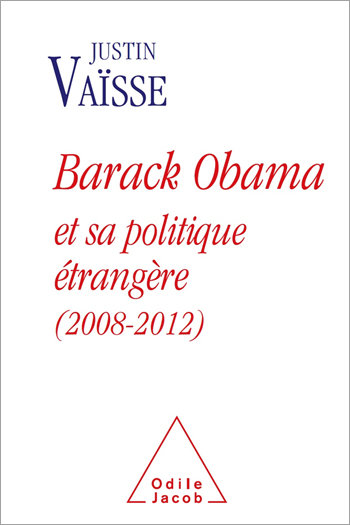
Justin Vaïsse
Barack Obama’s Foreign Policy (2008-2012)
In the run-up to the U.S. Presidential elections, an eminent specialist assesses the present administration
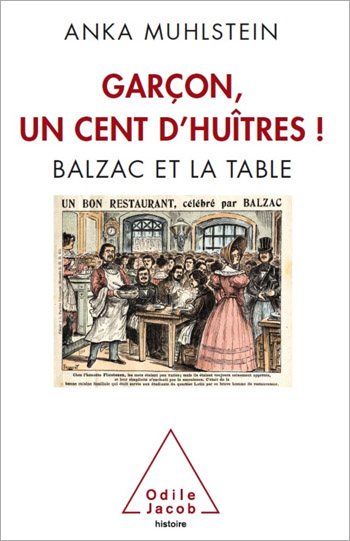
Anka Muhlstein
Balzac at Table
A luminous essay of “literary gastronomy” for food lovers as well as for anyone interested in the nineteenth-century novel
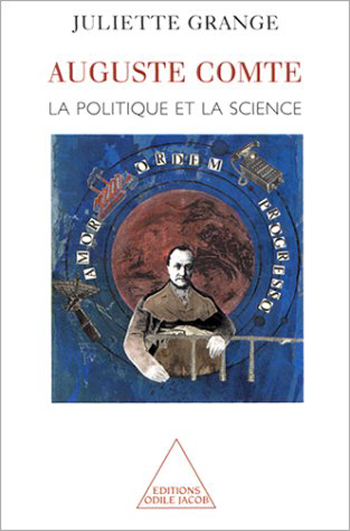
Juliette Grange
Auguste Comte - Politics and Science
The writings of Auguste Comte are often reduced to a few excerpts and stereotypes, and as a result the judgement of "positivism" is quickly reached. Yet, industrial politics, the organisation of research, and the influence of the exact sciences on the way we regard politics, all eminently modern themes, lie at the heart of his thought. Therefore, this book, by one of the best French specialists, offers an original rereading of Comte and ultimately opens the way for a more personal reflection on the nature of the relations between science and politics as they exist today. Juliette Grange is a professor at the University of Nancy-II
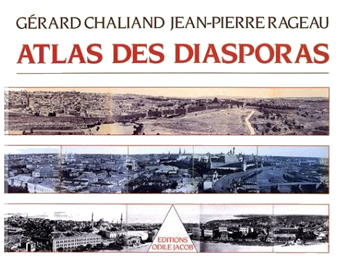
Gérard Chaliand, Jean-Pierre Rageau
The Atlas of Diasporas
For the first time, a complete and global presentation, both historical and geographical, of diasporas. Sixty maps, many illustrations, and accurate syntheses help reproduce the great archipelago of exile, wandering and migration. From the authors of The Strategic Atlas, The Political Atlas of the 20th Century, and The Atlas of Europeans.

